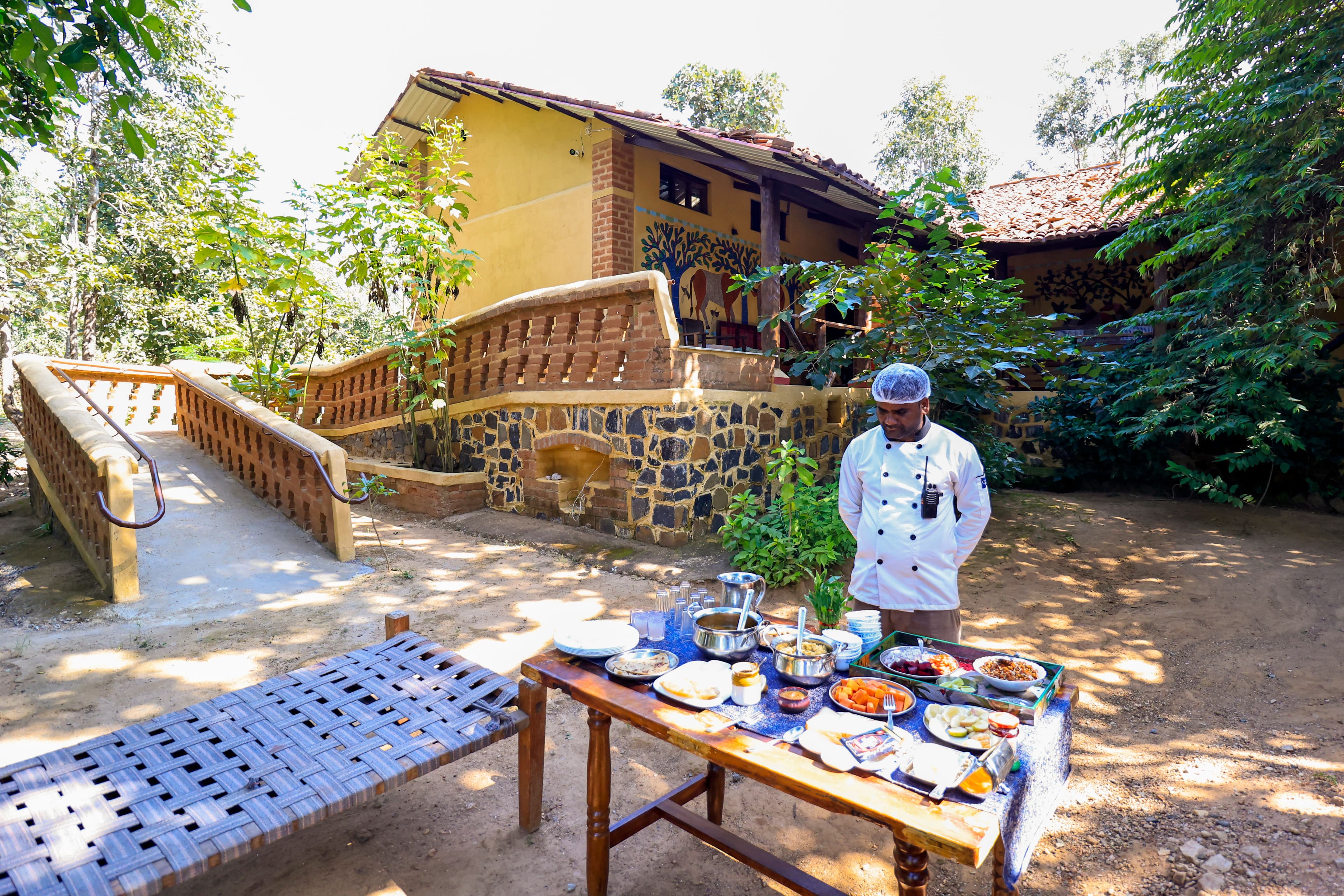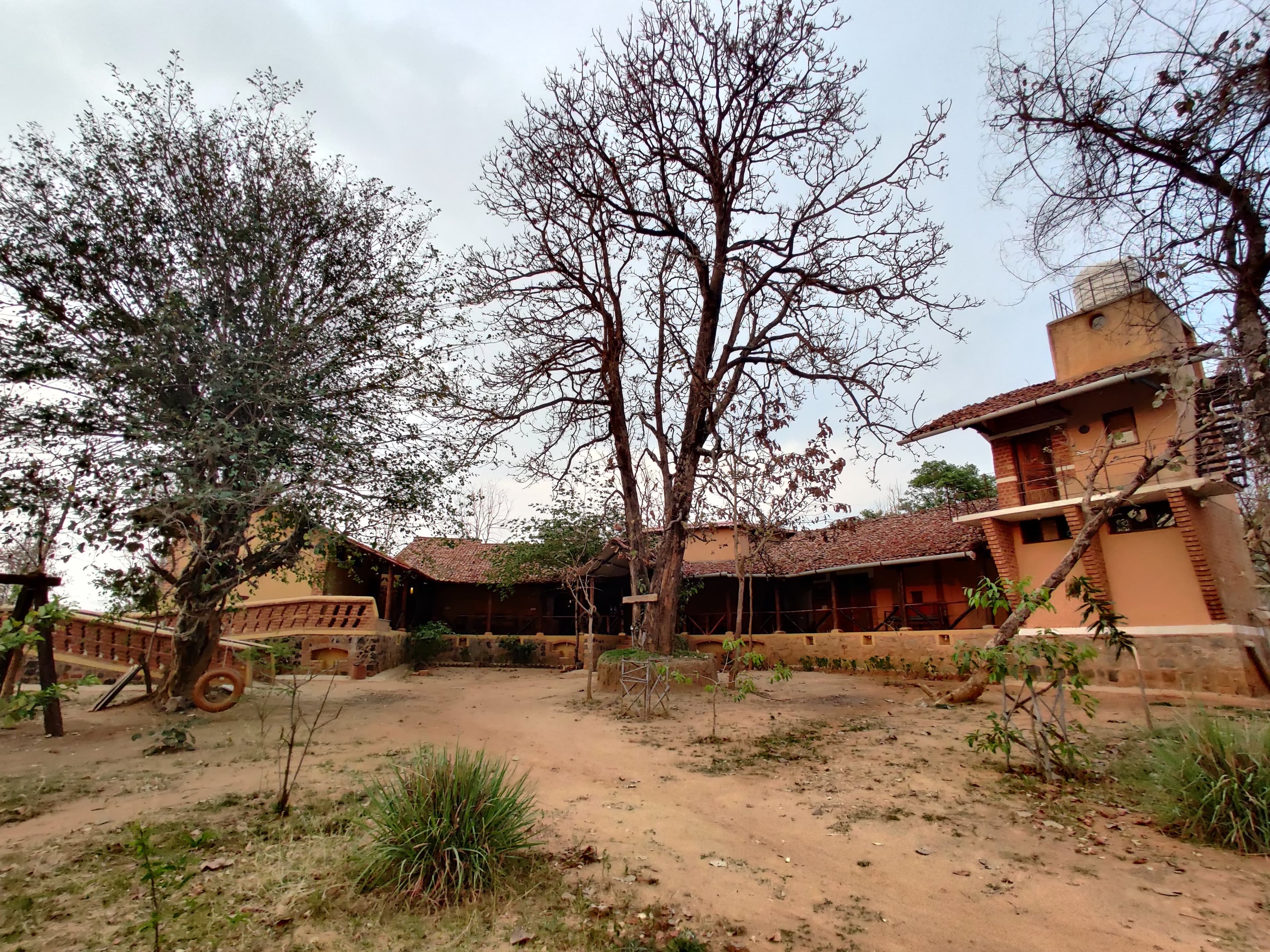Kanha Jungle Safari & Eco Experiences
We offer a variety of unique, eco-conscious experiences designed to connect you with nature, culture, and yourself.
Wildlife & Nature
Get closer to the wild heart of Kanha.
Culture & Community
Connect with indigenous traditions and local life.
Farm & Food
Taste the land, learn from the soil.
Adventure & Fun
Fun for every age in the great outdoors.


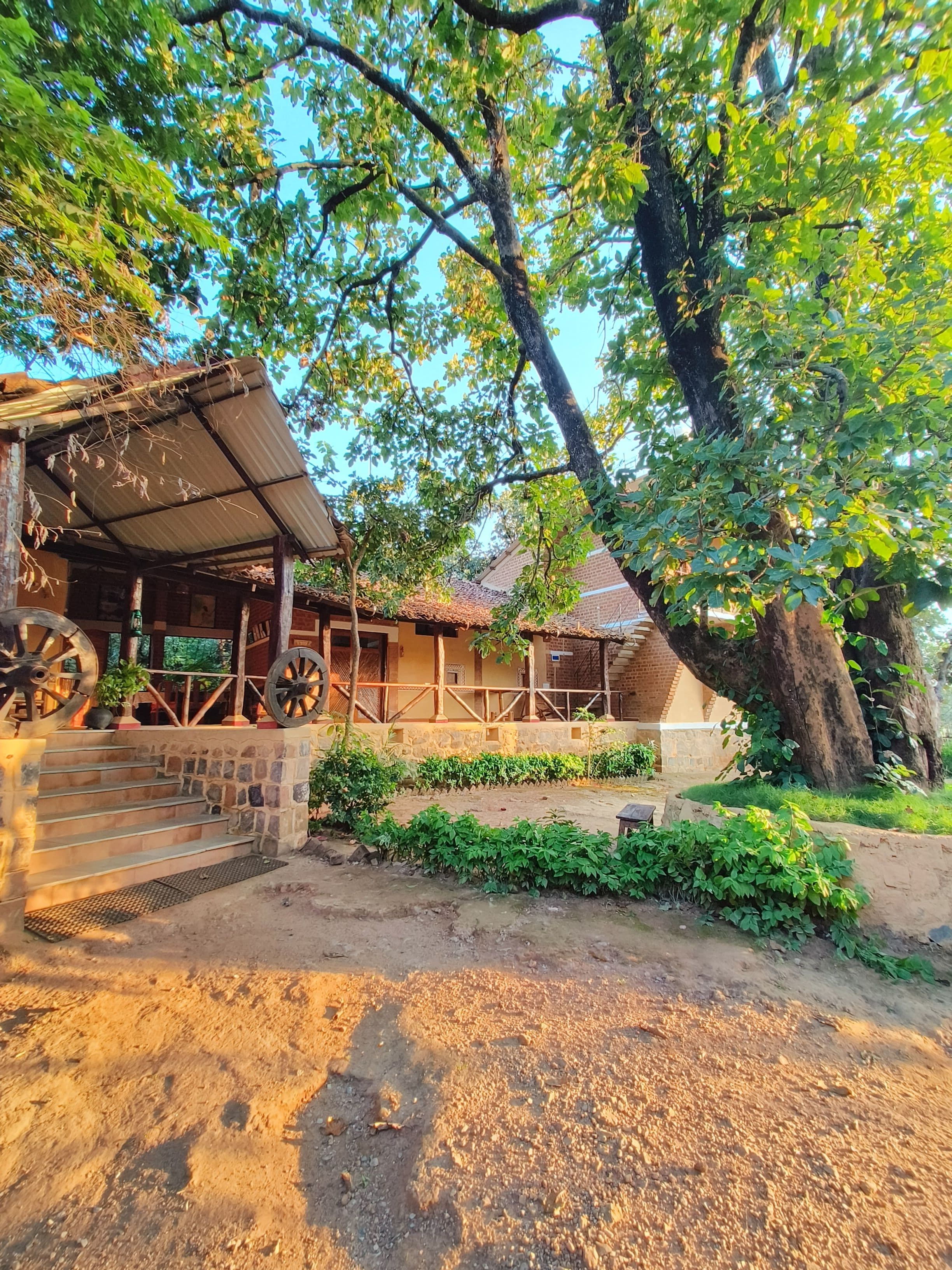

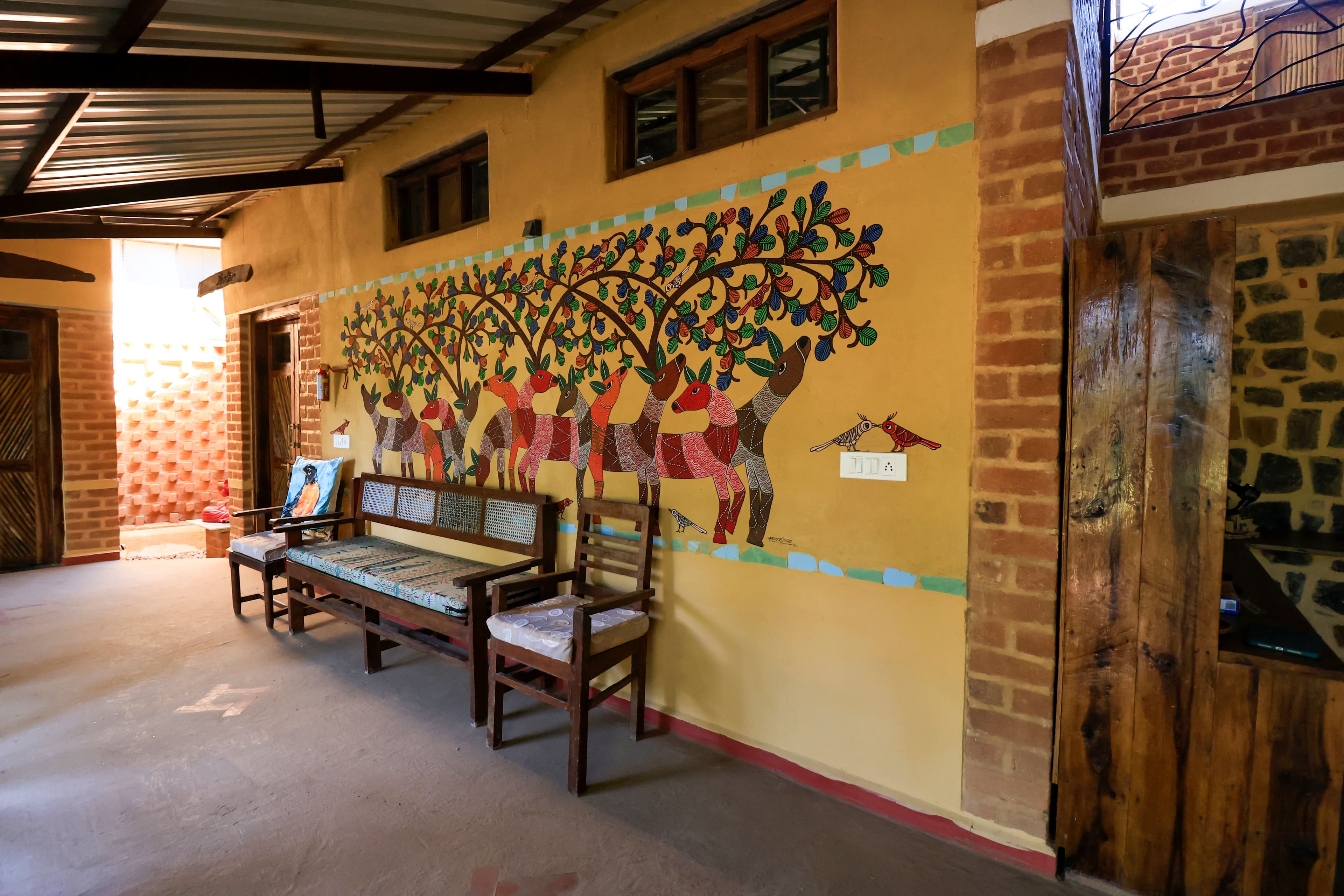
.JPG&w=3840&q=75)
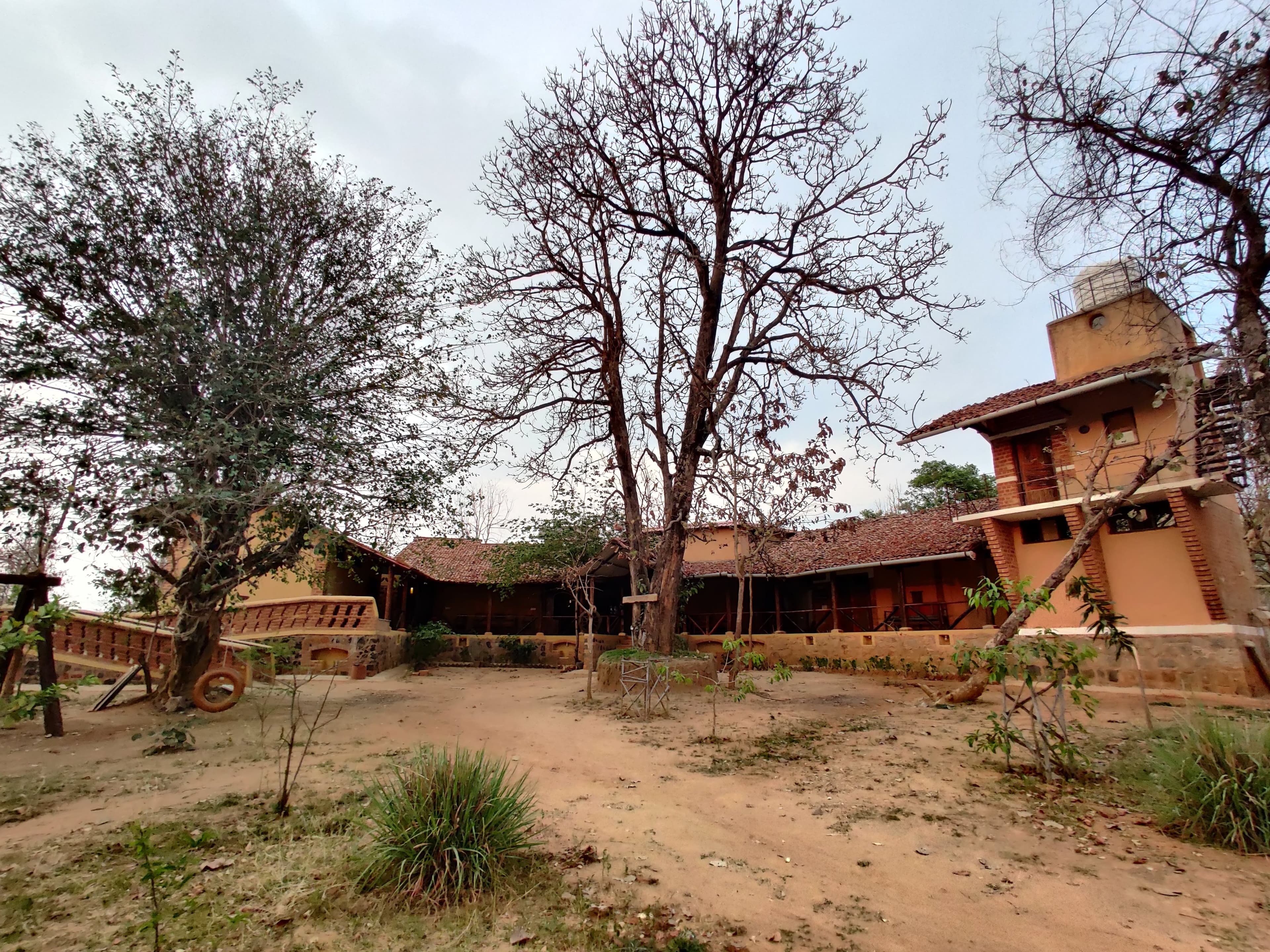
.jpg&w=3840&q=75)
